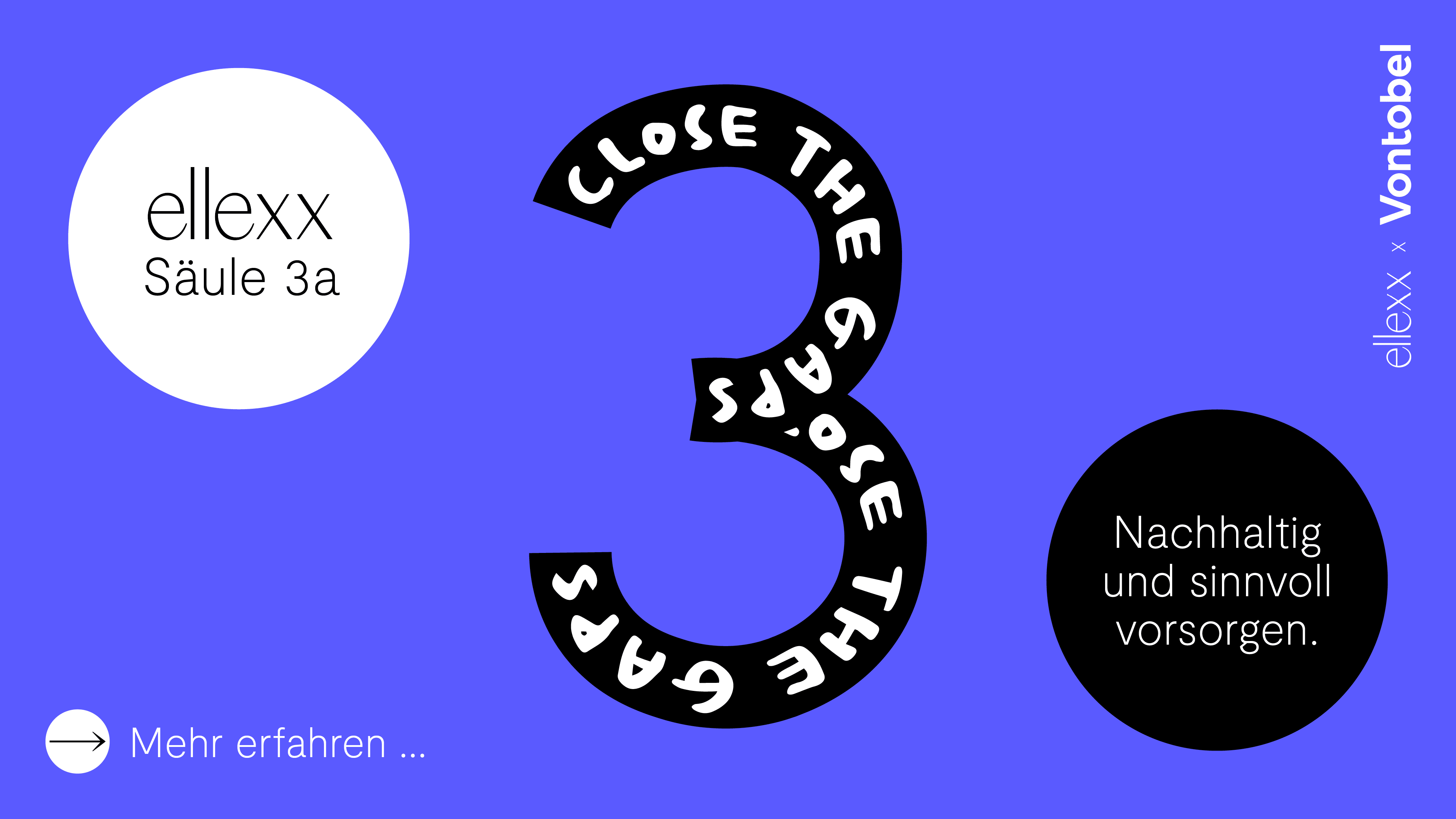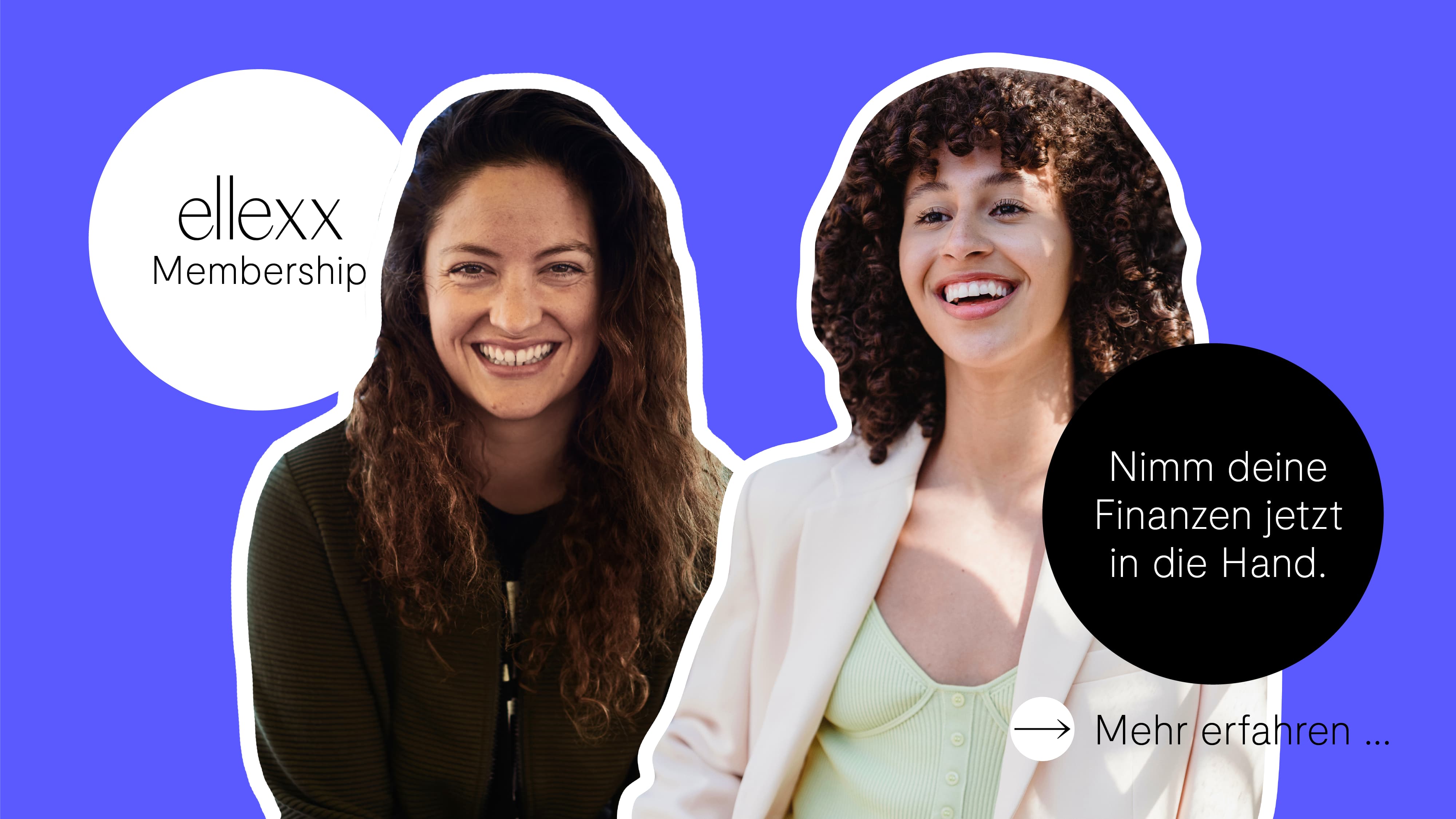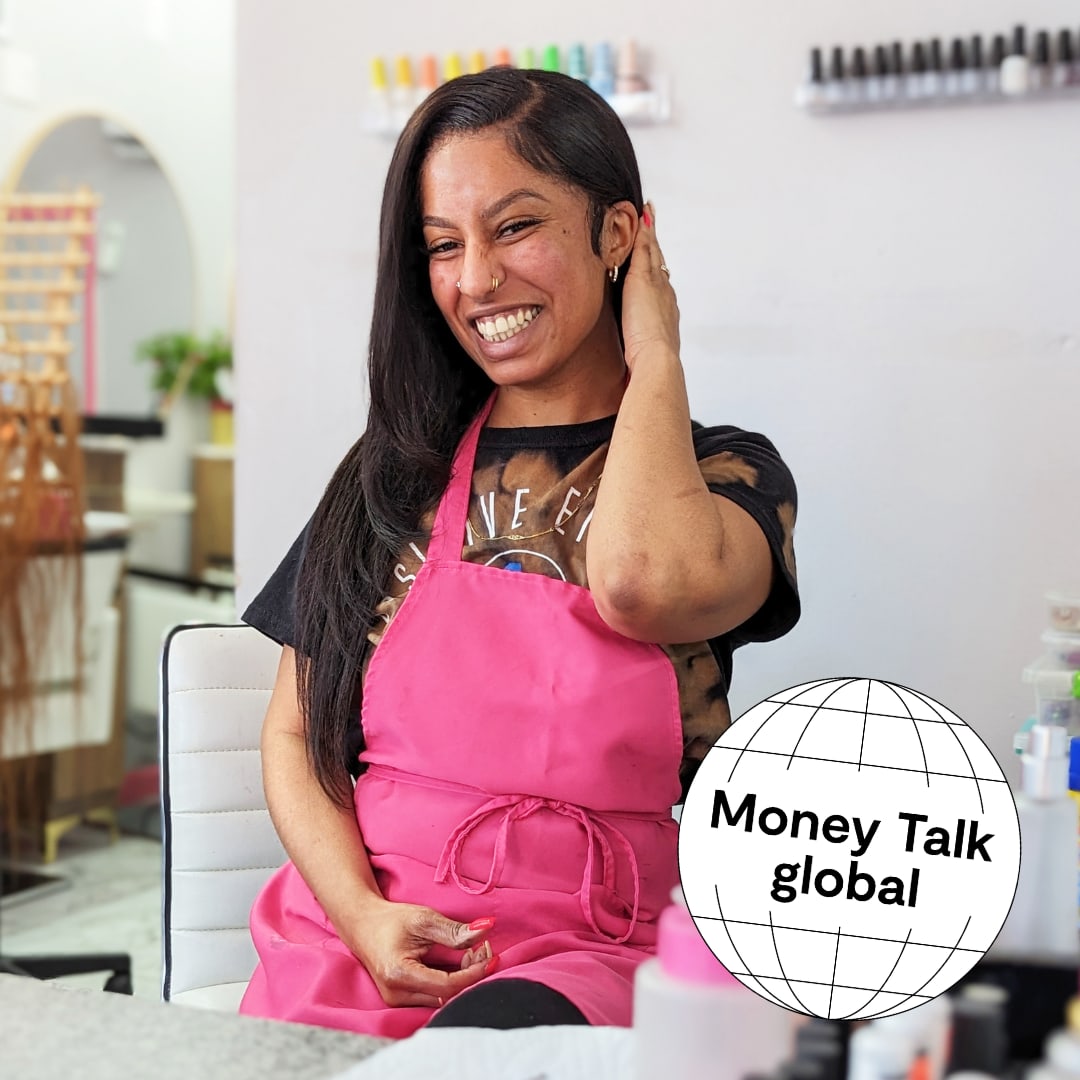Lara Sophie Bothur is more influential on LinkedIn than high-ranking politicians and top CEOs. In this Money Talk, she reveals why numbers helped her to establish her position, how many people she reaches, and which LinkedIn hacks she knows.
Are you in control of your expenses?
I can tell you exactly what I spend (takes out her phone and opens a budget app). My fixed costs amount to 45 percent, and I can save 24 percent monthly. As an example, rent must never exceed one-third of the income.
(The interviewer reacts slightly surprised, as no one has mentioned numbers so quickly before.) Could it be that you’re a numbers person?
Definitely. One of the main reasons why I’m at this stage in my career is because I could always prove my impact with numbers and facts.
You are Europe's first Corporate Influencer and Voice for Innovation at the financial auditor Deloitte. How does one become that?
Yes, Favikon has currently listed me as the most influential LinkedIn creator in Tech and IT in Germany and the third-most influential LinkedIn creator worldwide.
What makes you more successful than many politicians?
Yes, indeed, when I look at the growth rate of my LinkedIn profile, it is at 23 percent. Besides the German Minister of Economic Affairs Robert Habeck, I achieve the highest growth rate in the German-speaking area.
A brilliant move by Deloitte…
I was not selected for it, I created the job profile myself.
So it was your idea?
Yes, this job didn’t exist before. I was a regular employee, a strategic technology consultant at Deloitte, before I accompanied a marketing campaign on technology and innovation. While doing this, I published a post on LinkedIn in which I explained car-sharing to my 101-year-old grandpa. I then continued to explain complex tech topics in simple ways and spread the content via social media.
And how much time did this corporate influencing take you?
It went so well that we internally decided that I should try this full-time as an experiment. And it worked. Now I have been influencing full-time for two years already. One should not underestimate it: I am fully employed to do this. In terms of time, it is a huge investment.
Why do many companies underestimate this?
‘Posting a few pretty pictures and emojis should not be that difficult.’ Some hold these prejudices against the 'normal’ influencer world. As a business influencer on the other hand, I work day and night to communicate about exciting and meaningful tech topics. I receive hundreds of messages and inquiries to which I respond. Additionally, I do hours of research and read papers with the newest research results. I travel and discover new technologies – and incidentally, I still do the CEO’s postings. Moreover, I am constantly developing my role and using statistics and analytics to demonstrate the value of my work.
How do you do that?
It is crucial to make things measurable! Facts and figures are important. Last year, I reached more than 140 million people. With each post, I reach 840'000 people on average. The engagement amounts to 5200 on average (editor's note: total number of likes, comments, and shares). Thereby, it is important to understand the target group. My aim is to reach young talents, potential clients and partners.
Nevertheless: Can your work be monetised at all? How much money does it ultimately generate for the company?
I will give you a concrete example. I published a post about Google and Deloitte. It went viral. Ultimately, this resulted in a 300’0000 euro follow-up project for Deloitte – based on one single post.
Can you personally monetise it?
Corporate influencing is the new era of influencer marketing – only significantly more qualitative. The postings can be monetised. It is also a plus in salary negotiations and job interviews.
How persistently do you negotiate your salary?
I don’t always find it easy. But I learned to highlight the value I bring to the company. I also demonstrate this to the internal tech area and we have established a good communication together. In general, we women need to talk openly about money, including our salary, and exchange tips and tricks.
How important is money to you?
Money is not important to me, recognition is. I believe that you should first grow, create, and achieve something. Only then it can and should pay off. It can disrupt and slow down personal development if you are too money-driven. If you only focus on money, you forget your passion. The money comes automatically with commitment and dedication.
Tell me about your most successful post in numbers.
Wait, I can see that here in the analytics. It was a post about technology against food waste. It had 6.4 million views, 91’000 likes, 1’700 comments and it was shared 2’600 times.
How do you explain this success?
I generate impact together with my company. Deloitte is a great collective. I profit from an international brand, a huge network and an incredible knowledge behind me. And vice versa, Deloitte benefits from my work and the authentic debates I spark. They make the brand approachable. Personal posts achieve 50 percent more reach than posts by companies.
How much do algorithms reward appearance?
I regularly give other people and topics my stage. People are not interested in pure self-promotion. They want added value, knowledge, high-quality and interesting knowledge snacks.
Can companies simply copy this and increase their revenues with corporate influencers? More often, we hear the opposite: that companies terminate employees because of posts…
A growing number of companies are starting to build my kind of job. However, many find it difficult to give employees the freedom they need. But if you restrict them, you suppress their creativity.
So it’s a “Do-it-yourself” kind of thing! What are your tips on how to get started?
CHECKLIST FOR LINKEDIN-INFLUENCERS
Effort:
- As an employee, you must invest at least 10 hours weekly. (Yes, it is work to write meaningful and useful posts.)
Focus:
- You should not stand for more than three main topics, and they should fit together (for example: tech for good, women in tech, and corporate influencing).
- Design your profile to be appealing.
- Use a high-quality photo.
- Fill in all the information.
- Create a short profile with your focus.
Language:
- Choose a language in which you postt.
- In English, you reach a more international community compared to posts in German. You have to decide who you want to reach!
Posts:
- Keep interacting with the post: The first hour decides whether or not it goes viral.
- Respond to all comments.
- Video posts should always be under one minute.
- With several pictures, a collage is created. Be careful to make sure it looks clear.
- The algorithm punishes the sharing of posts. If you would like to share a post, write a catchy caption for it.
Timing:
- Post during working hours and no later than 7 pm.
- If you post in English, it’s best to publish at 4.30 pm. This way you reach the American community in the morning and the European community at the end of their working day.
Tagging:
- If you tag someone, you should be sure the person responds. Otherwise the algorithm will set your post back.
- No more than ten tagged people, companies or hashtags.






